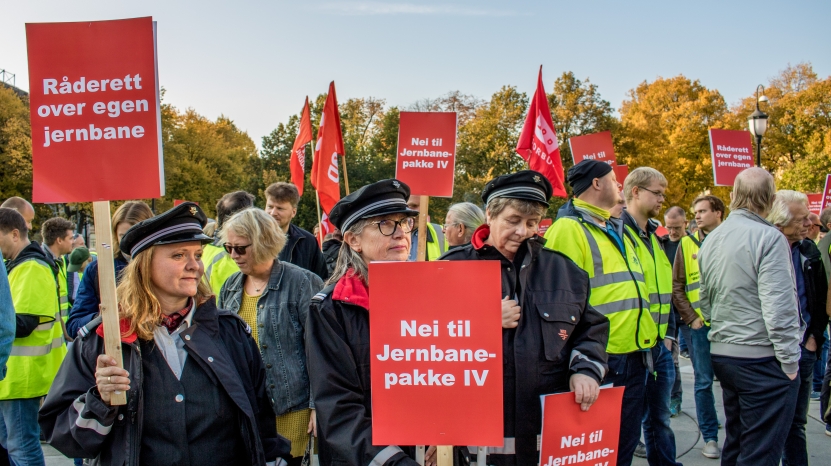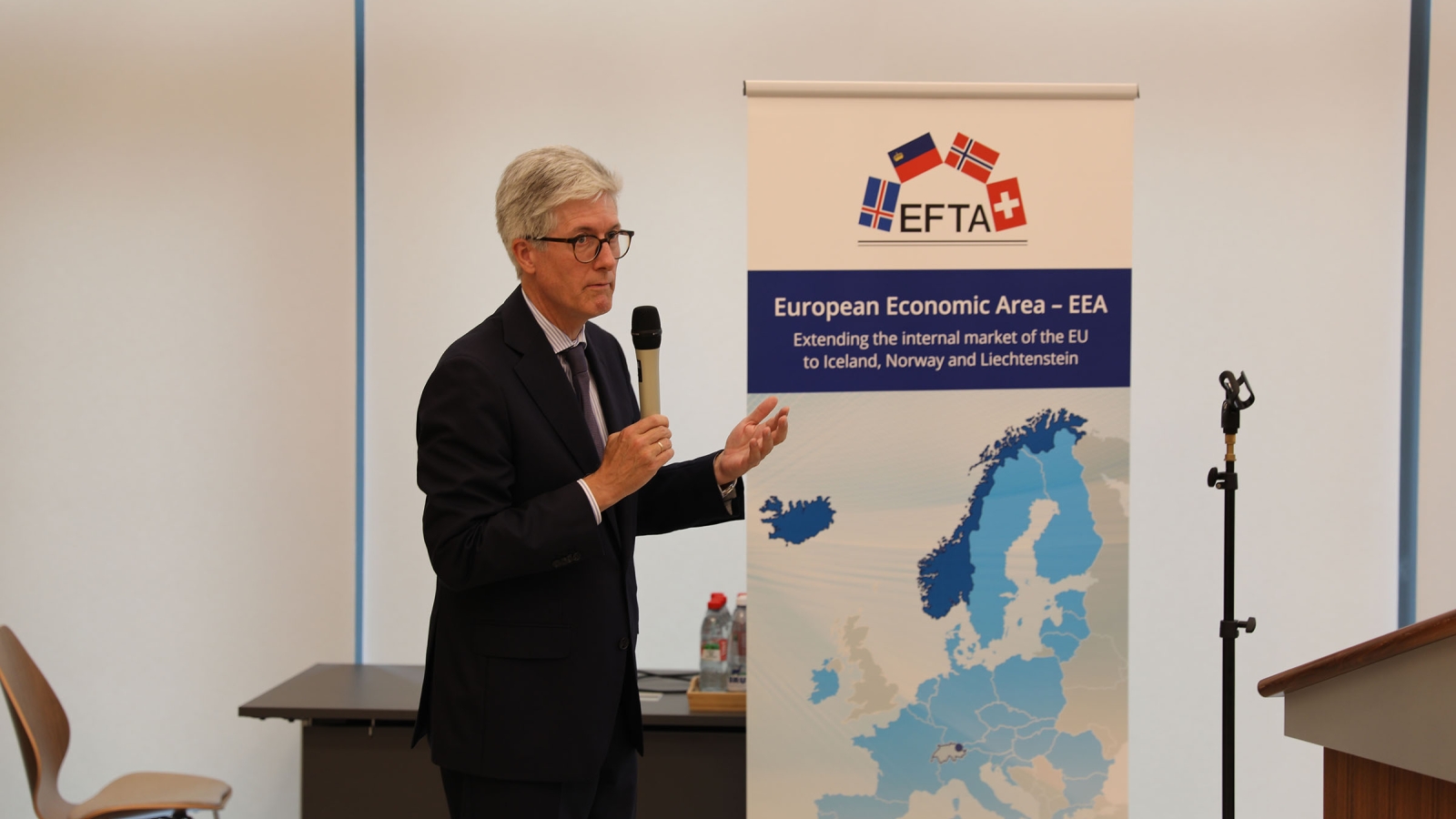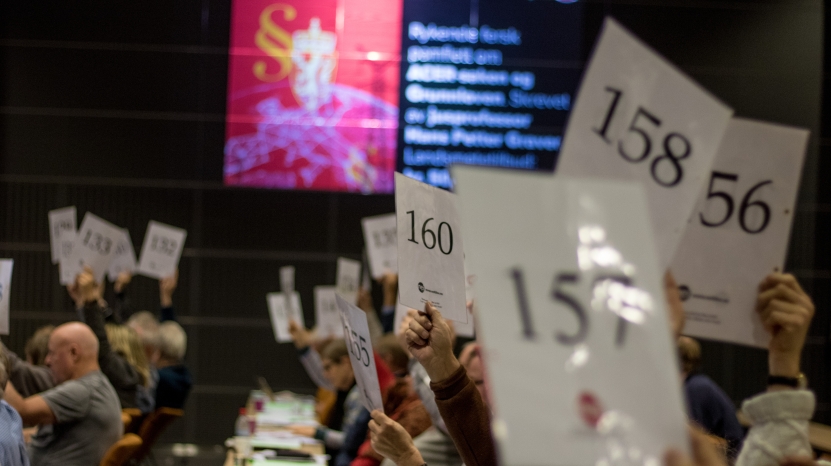Following the general election on September 13th, a new majority in the Norwegian parliament refutes a former narrow margin decision to implement the Fourth EU Railway Package into the EEA Agreement and national legislation.
The Railway package has yet to be unanimously approved in the EEA Joint Committee, consisting of the European Union and the three EFTA states belonging to the European Economic Area; Iceland, Liechtenstein and Norway. This is scheduled to happen on September 24th, according to the retreating rightwing government of Prime Minister Erna Solberg. Any party to the EEA agreement may demand the issue removed from the current agenda.
The parties prepared to form a new majority government in Norway; the Labour party, the Centre party and the Socialist Left party, all have requested that Joint Committee must defer the matter, showing regard for the national vote, albeit the prime minister constitutionally holds her post until the newly elected Storting and government take seat in October.
However, the Solberg coalition government insists on pressing the issue, hoping that Iceland and Liechtenstein will abide in the EEA Joint Committee. The outgoing government fears that its liberalization and partial privatization of the Norwegian railway system is in jeopardy unless their reform is set in concrete by way of the EU Fourth Railway Package.
The five parties now making up the new majority have ensured their electorate that they will veto an implementation of the Fourth Railway Package, as the EEA Agreement allows for. However, a veto must be laid down in advance and may not be applied subsequently.
A broad popular opinion ranging from politicians to railway employees and passengers are voicing their protest, accusing the incumbent government of disregard to the suffrage and abuse of power.
The general demand is that a settlement on the Fourth Railway Package in the EEA Joint Committee must be postponed until a new Norwegian government has taken seat. Considering that Iceland holds a general election the day after the planned meeting in the Joint Committee, observers deem that a postponement would be the most appealing alternative for the island nation. Iceland has no railways, giving rise to the question whether the Railway Package should have relevance to the EEA Agreement. Neither does Liechtenstein have a railway system of its own.
A range of topics, spanning from concern over a crumbling two pillar system in the EEA Agreement to rage over EEA implications concerning energy, railways, workers’ rights and state subsidies, have led to increasing negative sentiments towards the EEA Agreement in Norway and Iceland.
Should the EEA Joint Committee choose to incorporate the Railway Package regardless of the public opinion, they could endanger the legitimacy of the Agreement by doing so.
Top image: From the EEA seminar on 14 September 2021. Credit: EFTA
How the EEA is meant to function
- EU legislation is not valid in the three EFTA states until it is unanimously approved in the EEA Joint Committee and by the parliaments in the affected countries.
- Unless one or all EFTA states lay down a veto, EU acts are incorporated into the EEA Agreement.
- The EEA EFTA States have not transferred any legislative competencies to the EEA institutions and they are unable, constitutionally, to accept direct decisions by the Commission or the European Court of Justice.
- Therefore, the EEA Agreement established EEA EFTA bodies to match those on the EU side.
- The proposed implementation of the 4th Railway Package is a violation of this basic principle of the socalled two pillar system, because binding legaslative comptence is directly transferred to the European Union Railway Agency, the European Court of Justice and in parts to the European Commission.




